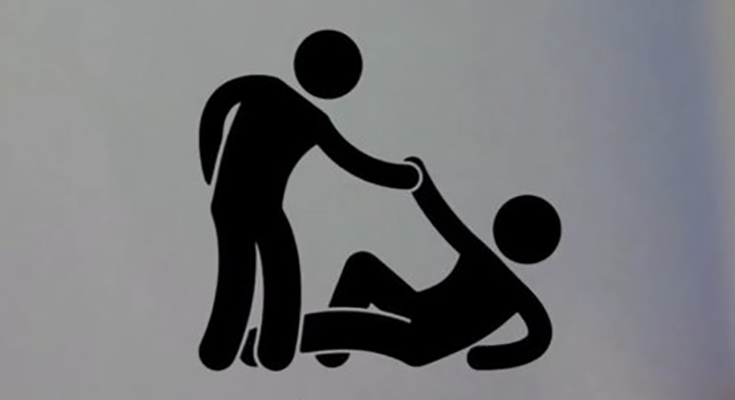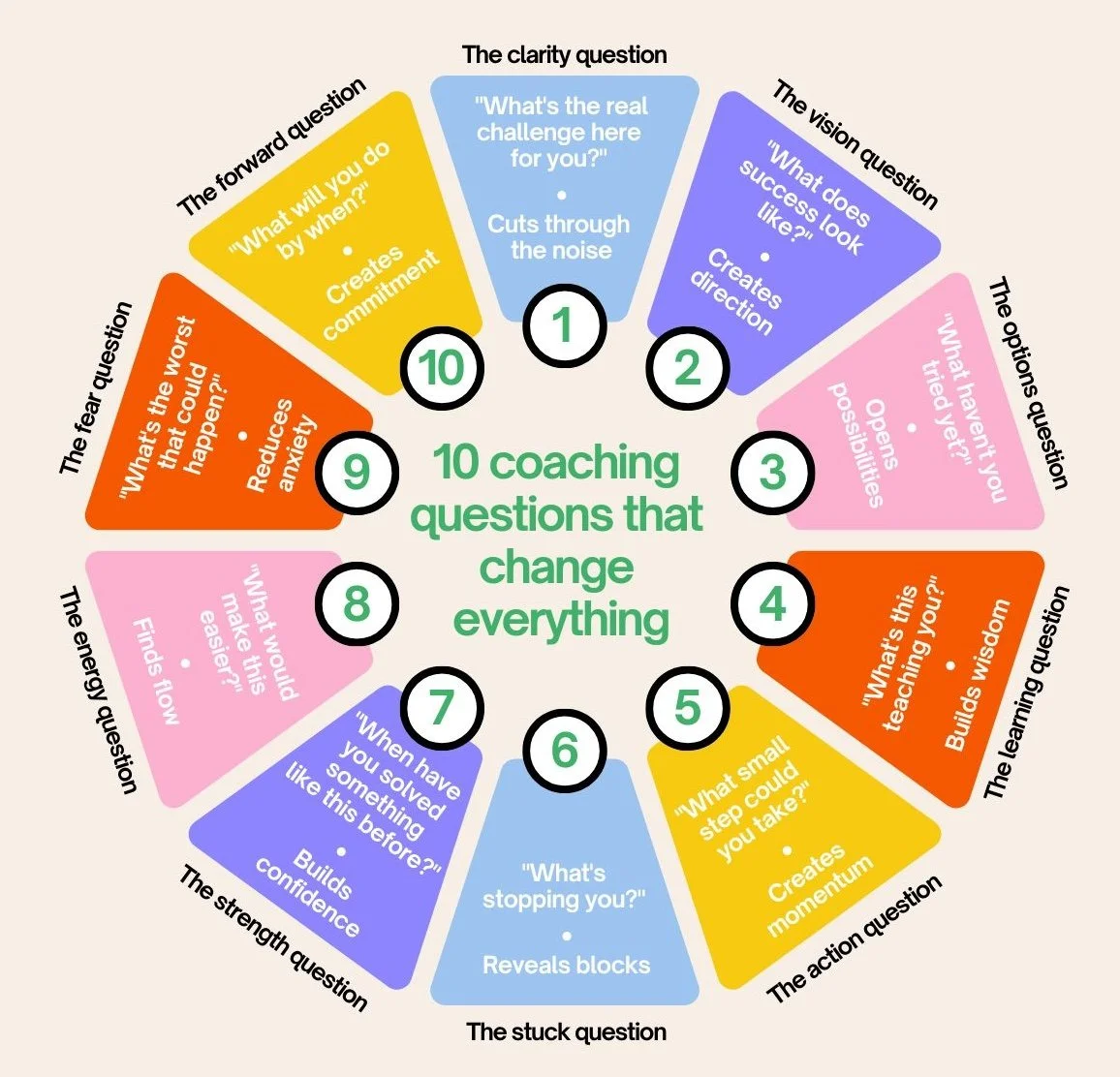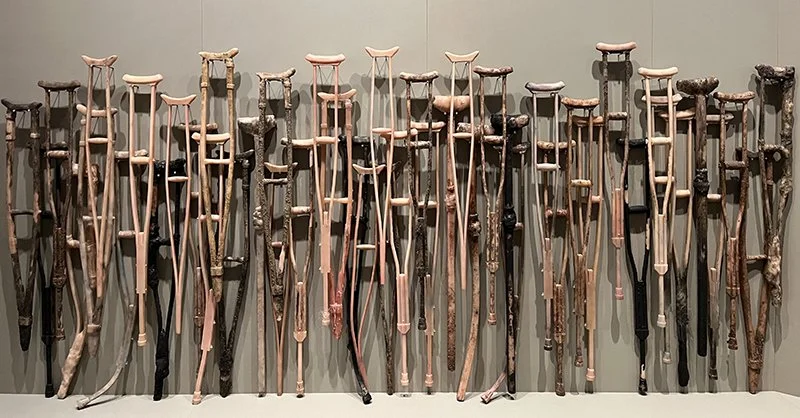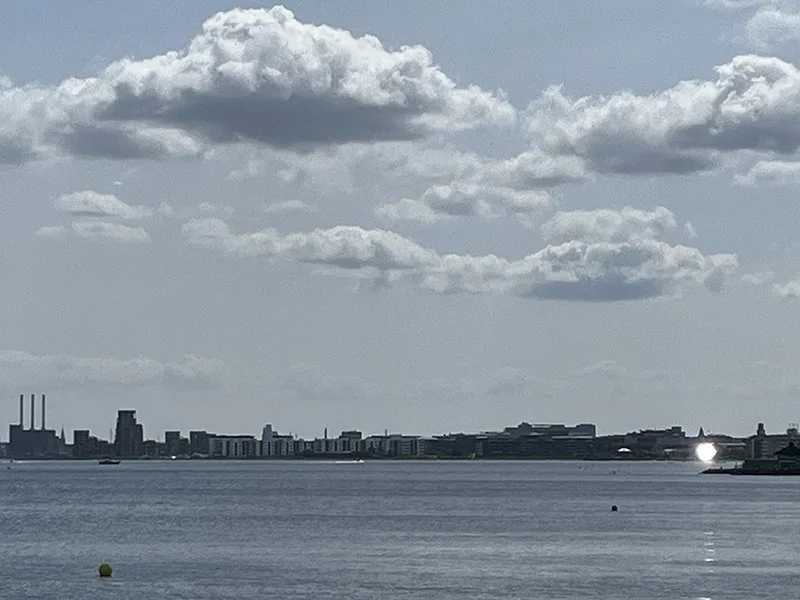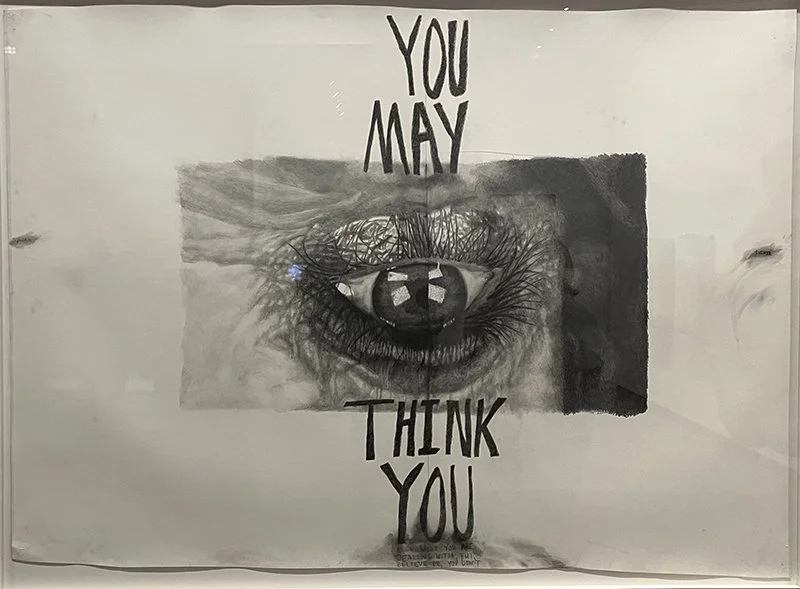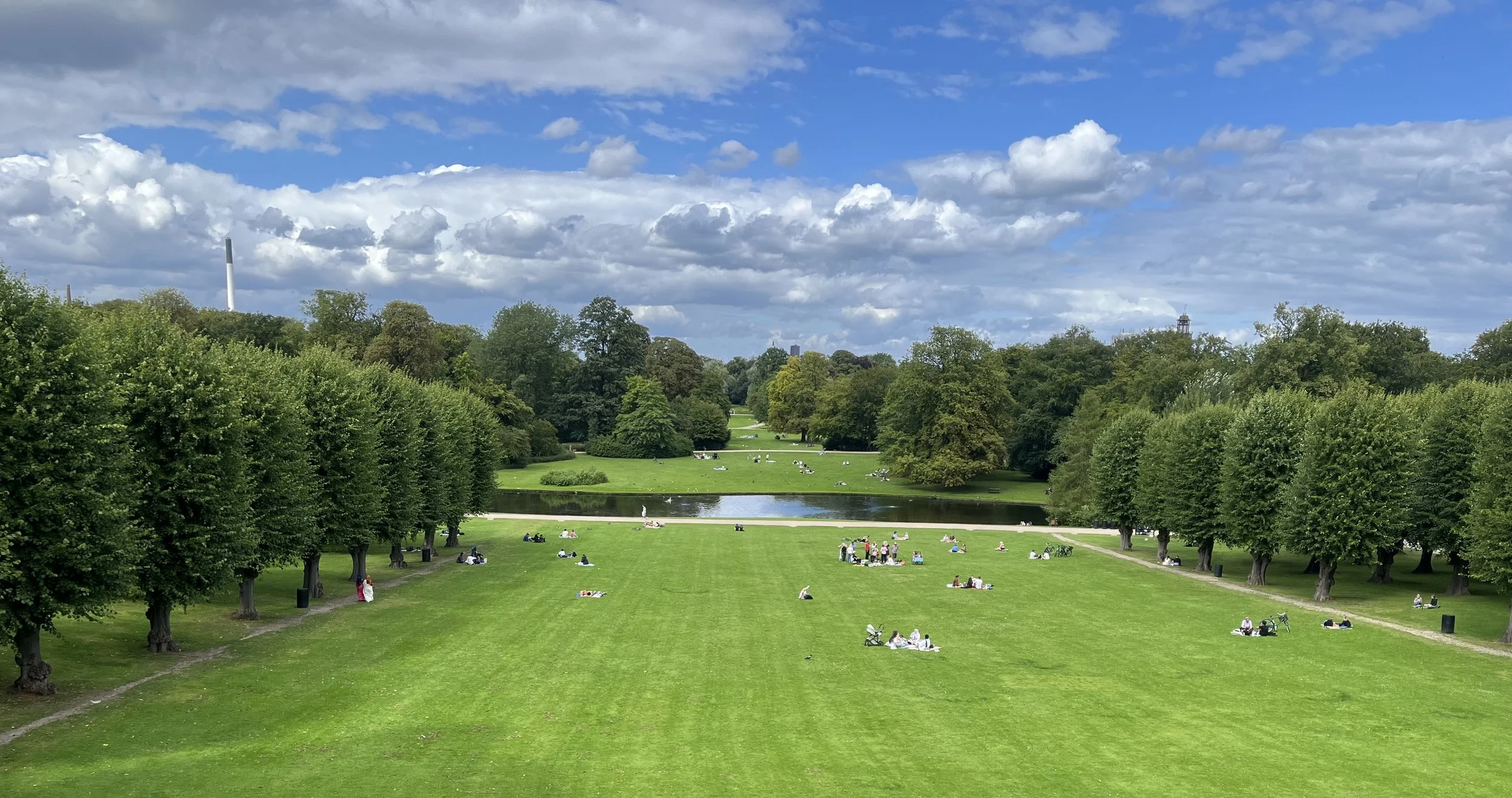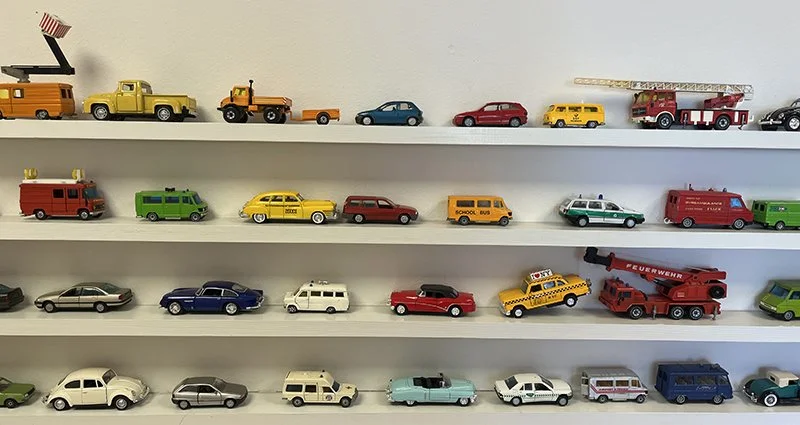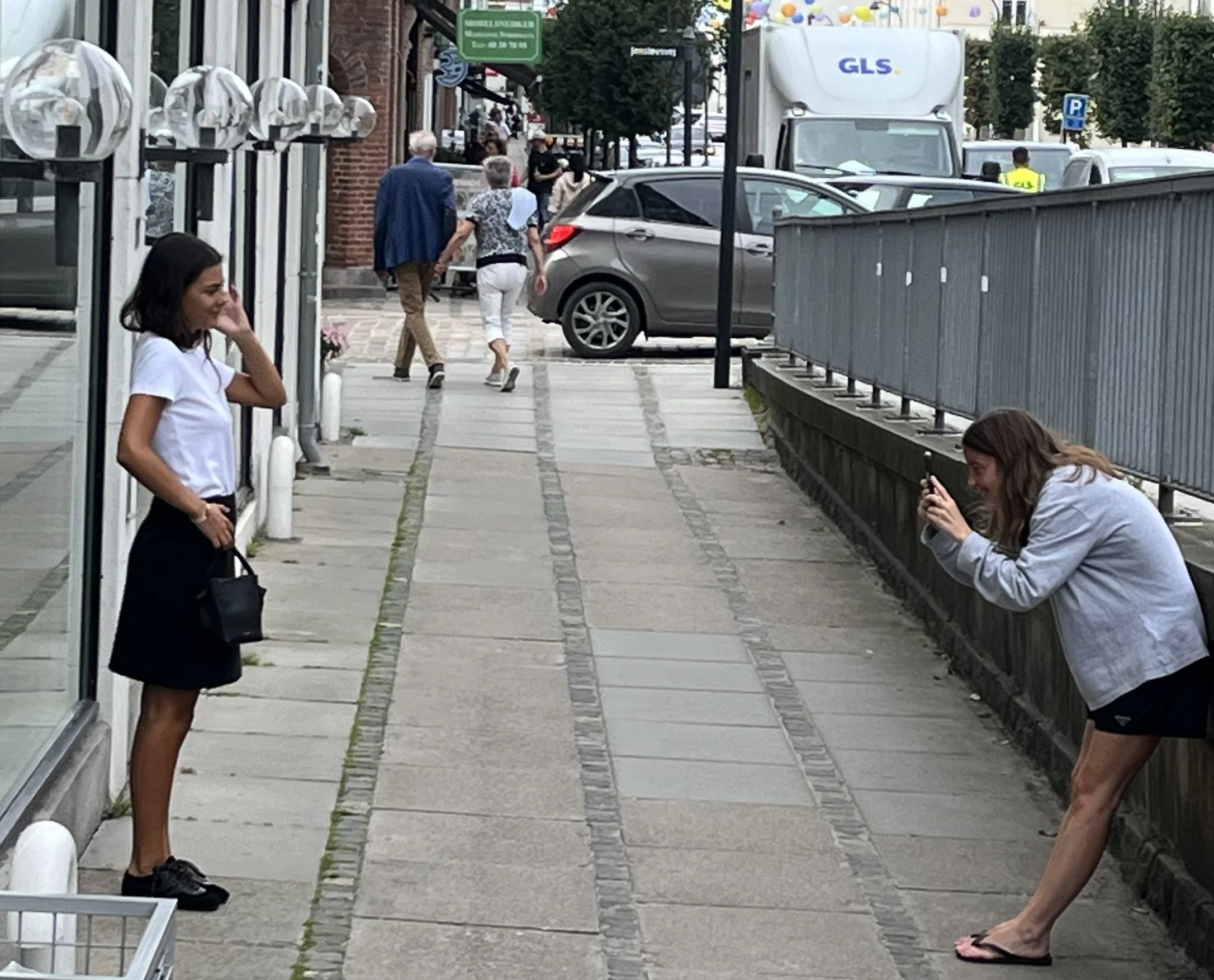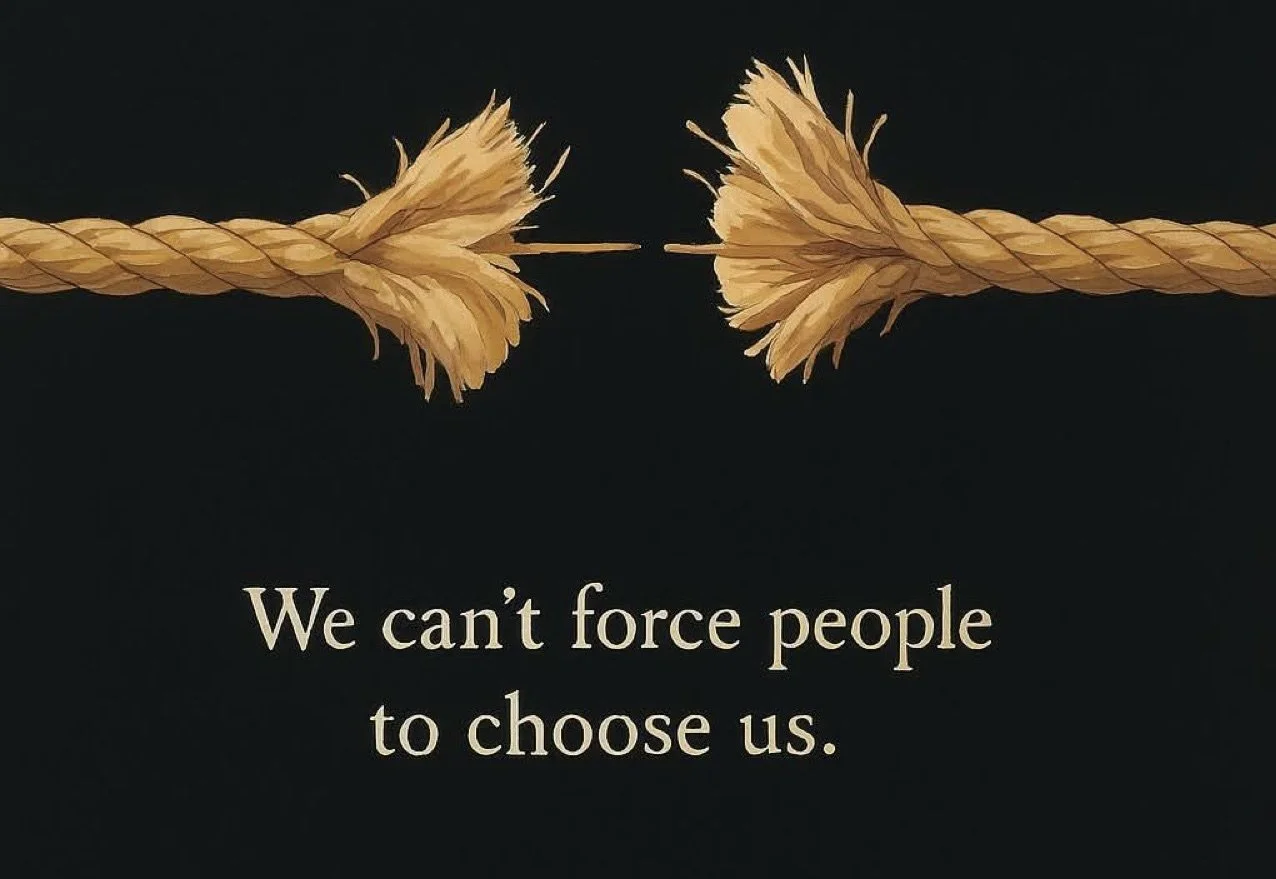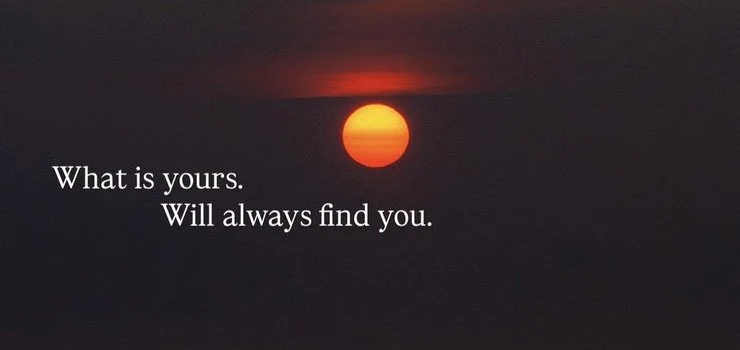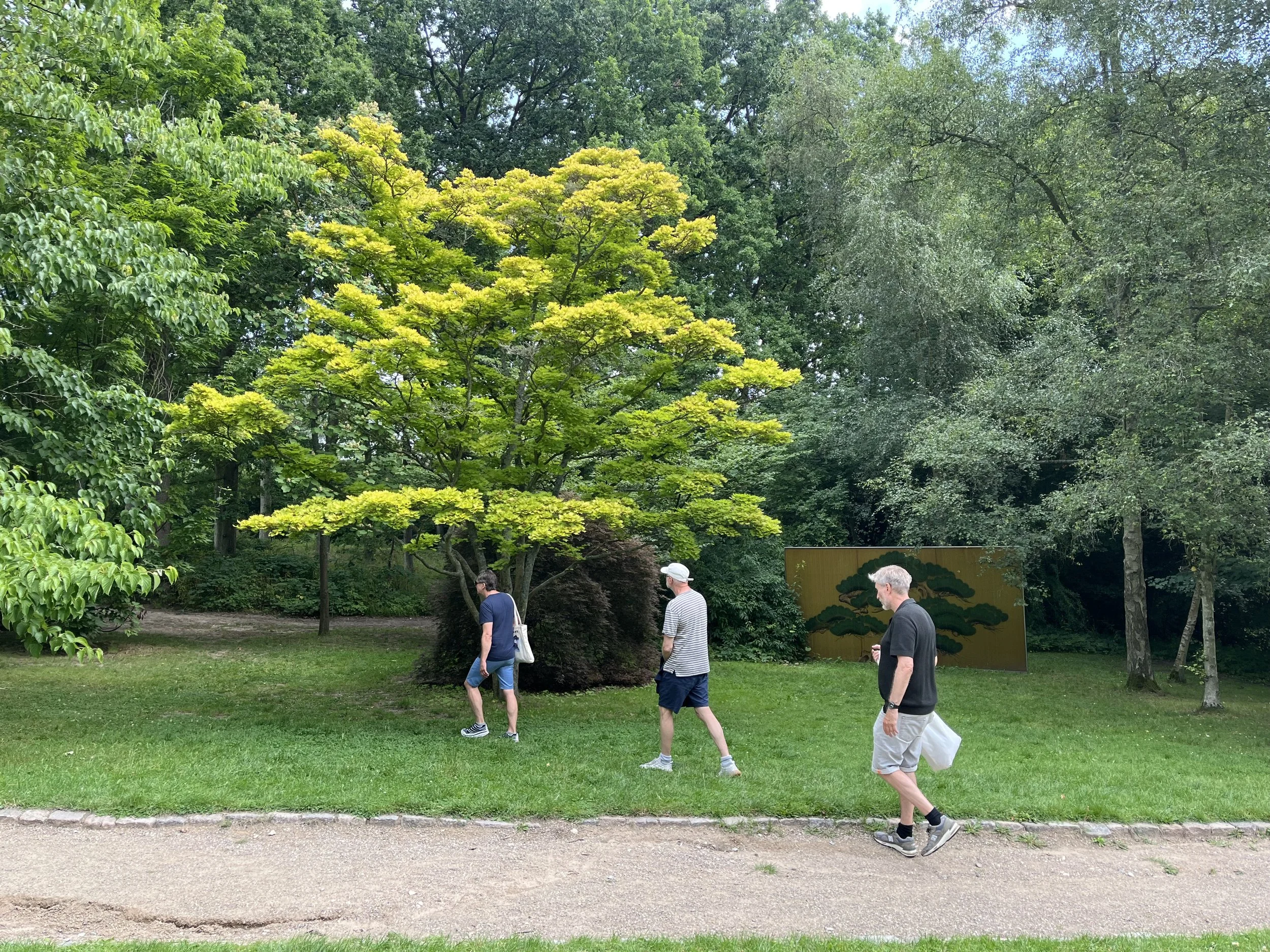Being a professional coach gives me a strong sense of identity and achievement. Our understanding of what it means to be an expert in a trade has evolved, and so has the idea of professions. The International Coaching Federation’s core competencies and code of ethics serve as an essential framework for how to conduct a coaching session.
I think a professional coach demonstrates four key qualities:
1. A shared purpose – connected to a greater good,
2. A body of knowledge – widely recognised and accepted,
3. Demonstrated skills – through consistent actions and behaviours,
4. Meeting stakeholder expectations – addressing the needs of a wider society.
If you are curious about how coaching could support your growth, contact me via email to arrange a confidential discovery meeting.


